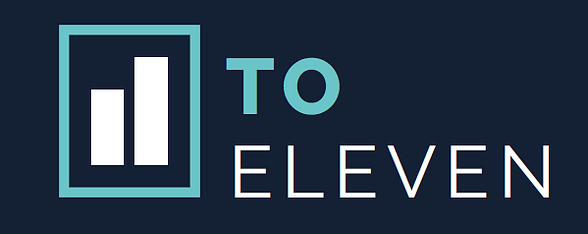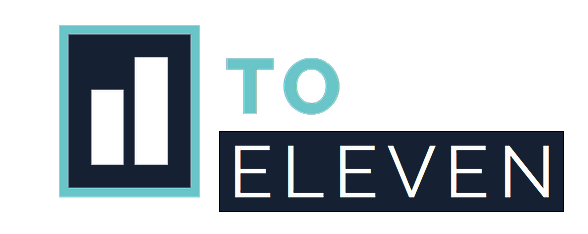CASE STUDY 1: Updating and Improving Training to Increase Client Satisfaction
The Challenge
A large, national organization that sells training modules to clients, was getting feedback that these products were not consistently meeting members’ needs. Some members reported difficulty navigating through the organization’s large course catalog, while others provided feedback that course content was not always relevant or engaging. To address these challenges, the organization recognized the need to engage learning and development experts to review their current products and practices.
The Solution
Based on our analysis of the organization’s specific needs, we created a customized evaluation framework to guide our work. Our mission was to provide unique insights and perspectives to ensure training offerings are effective and aligned to both industry and learning standards. In addition, we provided guidance in creating a more coherent and effective L&D strategy moving forward.
Talking to people who are closest to the training is critical. We began our project interviewing key internal and external stakeholders. To help the organization to better position themselves in the marketplace, we conducted a comparative market analysis of comparable training programs (in similar sectors). We identified several areas of need including updating course designs, clearly articulating outcomes, creating avenues to provide intermediate and advanced courses, and an increased use of technology-based learning to provide more flexible and accessible training options.
The Results
Our comprehensive review and feedback on L&D products and practices, led to:
Better products for their clients
A clear, evidence-based framework to guide training design and implementation
Insights to increase competitive advantage
The project took 9-months to complete.
CASE STUDY 2: Improving New Supervisors’ Leadership Skills
The Challenge
A large public utility organization identified a need to provide professional development to newly promoted or hired supervisors. This group had deep industry experience, but were struggling with the transition to a supervisory role. This struggle included lack of specific leadership skills as well as knowledge of how to implement policies and procedures. These gaps were putting a strain on the human resources team, who were fielding many calls from new supervisors, often on the same topics.The human resources team recognized the need for a scalable learning solution in order to better support new supervisors and also free up the team’s time to focus on the more complex problems that needed individual attention.
The Solution
The human resources team engaged To Eleven to create a scalable training solution. We conducted a comprehensive needs analysis, through which we answered the questions:
What are the most critical knowledge and skills new supervisors need to be successful in the organization specifically?
In which of these areas do new supervisors currently need the most support?
Which of these areas could be addressed with a self-serve training library?
We developed a series of short, engaging, interactive online modules on these areas. Topics included navigating the transition from peer to supervisor, communication skills, delegation, onboarding new hires, giving and receiving feedback, creating an inclusive workplace, performance management, and having difficult conversations. The training also covered frequently asked questions on the policies and procedures that supervisors used most often and were the most complex.
The Results
New supervisors now have on-demand access to customized training. Because the training is tailored to the organization’s context and organized into short, targeted modules, supervisors now get just what they need and don’t spend unnecessary time in training. Additionally, the time the human resources team spent responding to similar certain questions is freed up for them to spend on more complex problems. Finally, implementation of critical policies and procedures is more standardized, reducing legal and compliance risk.
The project took about 12-months to complete.
CASE STUDY 3: Advancing Racial and Ethnic Equity Through a Customized Learning Program
The Challenge
The organization wanted to create a "world class 101 level" learning experience to train board members and staff and enable them to advance equity within their organizations and communities. The organization's internal learning and development team had been eliminated during a round of lay-offs. Thus they were in need of team of subject matter experts to collaborate with internal staff to training opportunities for a worldwide network.
The Solution
We partnered with the organization to create a series of learning modules. Because the organization is international, we created options for activities and content that could be used to tailor the training to global audiences.
By leveraging and building on existing internal tools and frameworks, we were able to create a series of modules closely aligned to the mission and vision of the organization.
The Results
Without an in-house content development team, the organization needed consultants who could work closely with their internal staff to create a customized training experience. We developed a seven-module series focused on racial and ethnic equity topics. Modules were pilot tested, and released to a global network of learners. Pilot feedback was positive and users reported a high level of alignment between the content and the objectives, as well an increase in conceptual understanding.
The project took about 18-months to complete.
How can we help you optimize your learning strategy and programs to ensure you get the results you need?

